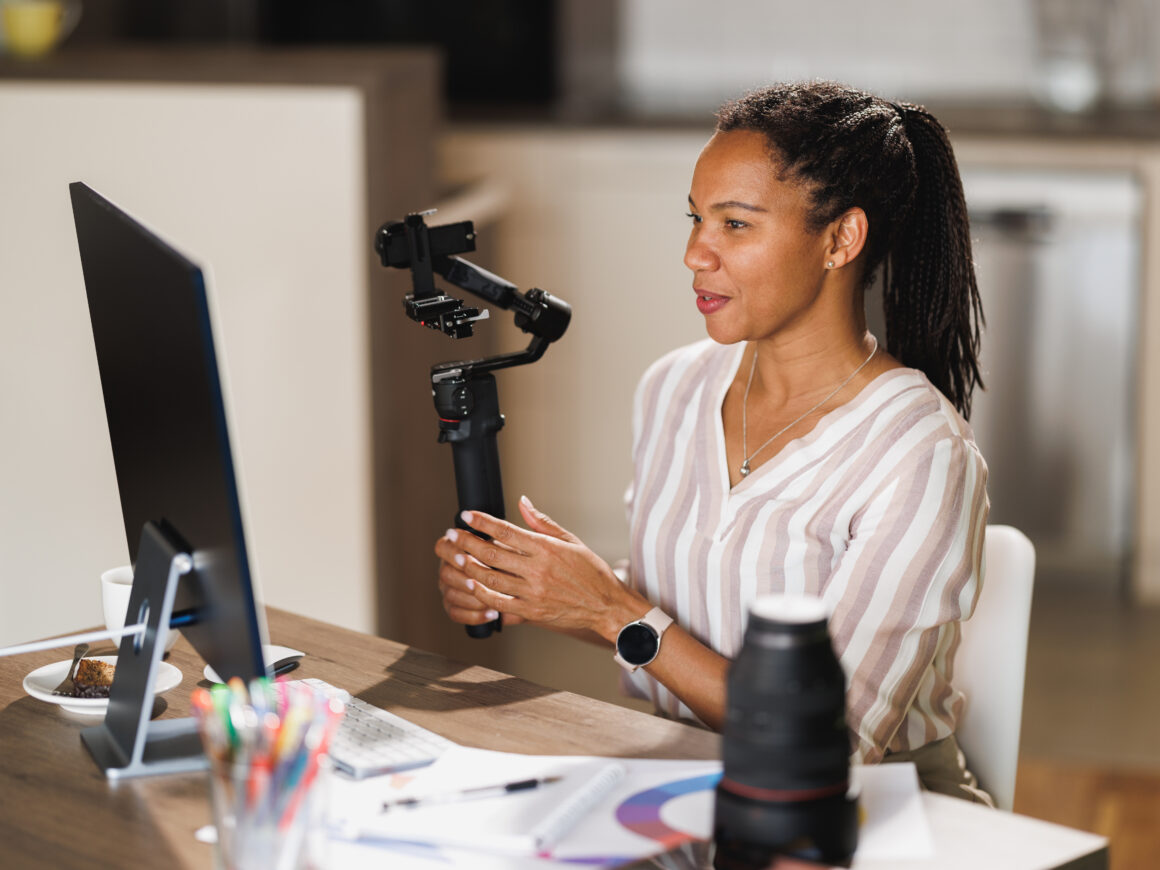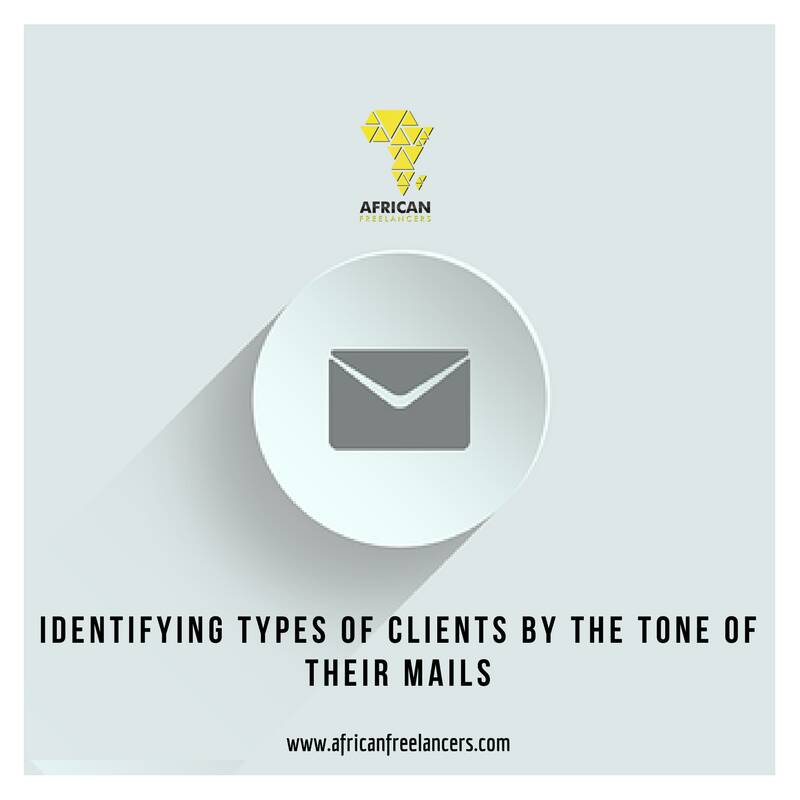For African freelancers seeking to stand out in a crowded freelance market, video pitching is quickly becoming one of the most effective tactics. It enables you to present not only your expertise, but also your personality, professionalism, and confidence, all within two minutes. If you desire to land a higher-paying gig, build long-term client relationships, and become known in the world of freelancing, it’s time to break out from behind an email and begin recording.
This video pitching guide is curated specifically for African freelancers, including designers, writers, developers, marketers, and many more, who want to take their client outreach to the next level by harnessing the power of video.
What Is Video Pitching?
Video pitching simply means pitching yourself and your services in a short video. This works instead of sending a generic text-based proposal by email, grab attention when you record a short video where you:
- Introduce yourself.
- Explain the client’s problem or need.
- Outline your solution.
- Show why you’re the ideal person for the job.
Why African Freelancers Embrace Video Pitching
1. It Builds Trust Faster
When a client hears your voice and sees you, they begin to trust you. He’s able to sense your tone, confidence, and sincerity, which are qualities that can be difficult to convey via text.
In a global freelance economy where most clients may not be accustomed to working with talents from Africa, your video pitch is an opportunity to break stereotypes, gain confidence, and show that you are the real deal.
2. It Shows You’re Tech-Savvy
Clients love freelancers who are at the top of their careers. By pitching with video, you’re demonstrating that you’re innovative, effective in communication, and highly tech-savvy.
All these are signs that you’re an individual capable of delivering quality work in the digital era.
3. It Makes You More Memorable
If a client is presented with 20 proposals and only one of them is in a video format, guess who’s going to be remembered?
With the combination of visuals, audio, and your very own personality, your pitch is not only a message but an unforgettable one.
When to Use Video Pitching?
You don’t have to make a video pitch for every opportunity, but it comes in handy when:
- Responding to high-paying or competitive freelance projects.
- Pitching cold to clients or agencies.
- Working remotely requires effective communication.
- Selling your services on social media.

What to Add to Your Video Pitching
An effective video pitch should not be longer than 60–90 seconds. Here is a simple structure to follow in your pitching guide:
- Greeting and Introduction: Start with your name and a warm welcome. Mention your profession and where you work.
- Acknowledge the Client’s Need: Let them know that you understand what they’re looking for. This is proof that you’ve done your homework.
- Offer Your Solution: Briefly explain how you can help solve their problem or achieve their goal.
- Highlight Experience or Result: Add a quick fact, client name, or sample to signal credibility.
- Call to Action: Be sure to close assertively and invite further action.
Tools to Help You Create a Great Video Pitch
You don’t need advanced equipment or a studio to start using video pitching. Here are easy tools that will work for African freelancers:
- Smartphone Camera: Most modern phones feature HD video recording capabilities. Position yourself in a quiet, well-lit area and hit the record button.
- Lavalier Microphone (optional): A basic clip-on microphone can significantly improve the audio quality of your video pitch.
- Natural Lighting: Film near a window during the day for the best light, if you don’t have a ring light.
Tips for a Strong Video Pitch
To make your pitch stick, keep these tips in mind:
- Keep It Short and Sweet; under 90 seconds.
- Be Yourself: There’s no need to pretend to be someone else; be authentic.
- Smile and Use Body Language.
- Practice makes perfect. Try to record several versions to choose the perfect one.
- Add Subtitles.
Final Thoughts
Video pitching is your opportunity to be heard and seen from a sea of other applicants. As an African freelancer, it provides you with a decisive advantage by enabling your personality, professionalism, and passion to shine through, in a way that written resumes often cannot. Get other tips here to help get your freelance career on track.





